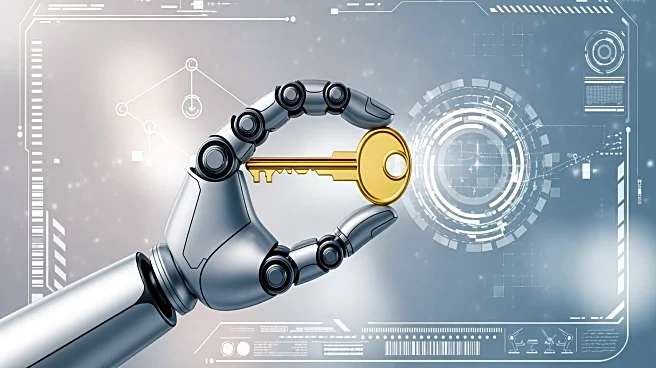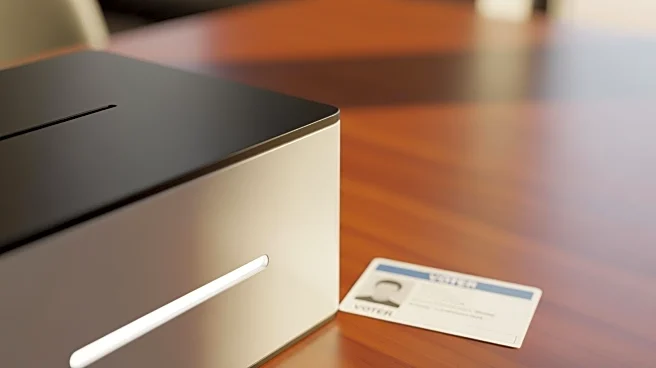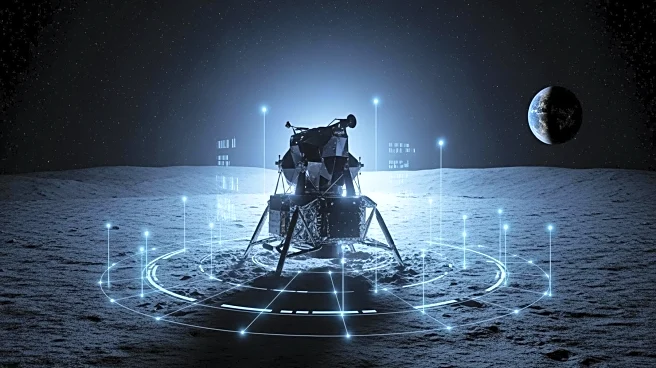What's Happening?
RobosizeME, a prominent provider of AI-enabled process automation solutions, has launched a new executive guide titled 'Hyperautomation in Hospitality: A Strategic Advantage in Motion – The Complete Executive
Guide.' This resource is designed to assist hotel executives in navigating the complexities of modern hospitality operations. The guide offers a comprehensive roadmap for implementing hyperautomation to achieve business outcomes such as employee retention, cost reduction, operational efficiency, and increased guest satisfaction. It addresses key industry challenges like labor shortages, rising operational costs, and heightened guest expectations. The guide includes strategies and insights on applying hyperautomation and AI technologies across various hotel departments, including finance, HR, guest services, and revenue management.
Why It's Important?
The introduction of this guide is significant as it provides hospitality leaders with the tools to enhance operational efficiency and guest experiences amid industry challenges. By adopting hyperautomation, hotels can streamline workflows, reduce human error, and make data-driven decisions, ultimately leading to increased profitability and competitive advantage. The guide's emphasis on measurable impact ensures that automation investments yield lasting value. As the hospitality industry continues to face labor shortages and rising costs, the ability to do more with less becomes crucial. This guide empowers executives to leverage technology to meet these demands while maintaining high standards of guest service.
What's Next?
The guide is available for immediate download from RobosizeME's website, and it is expected to influence how hotel executives approach workflow automation. As more hospitality groups adopt these strategies, there may be a shift towards more agile and efficient operations across the industry. The success of this initiative could lead to further advancements in AI and automation technologies tailored to hospitality needs, potentially setting new standards for operational excellence.
Beyond the Headlines
The broader implications of this development include a potential transformation in the hospitality workforce. As automation takes over routine tasks, there may be a shift in job roles, with a greater focus on strategic and guest-facing positions. This could lead to a need for reskilling and upskilling employees to adapt to new technologies. Additionally, the emphasis on data-driven decision-making could enhance the personalization of guest experiences, further differentiating hotels in a competitive market.








